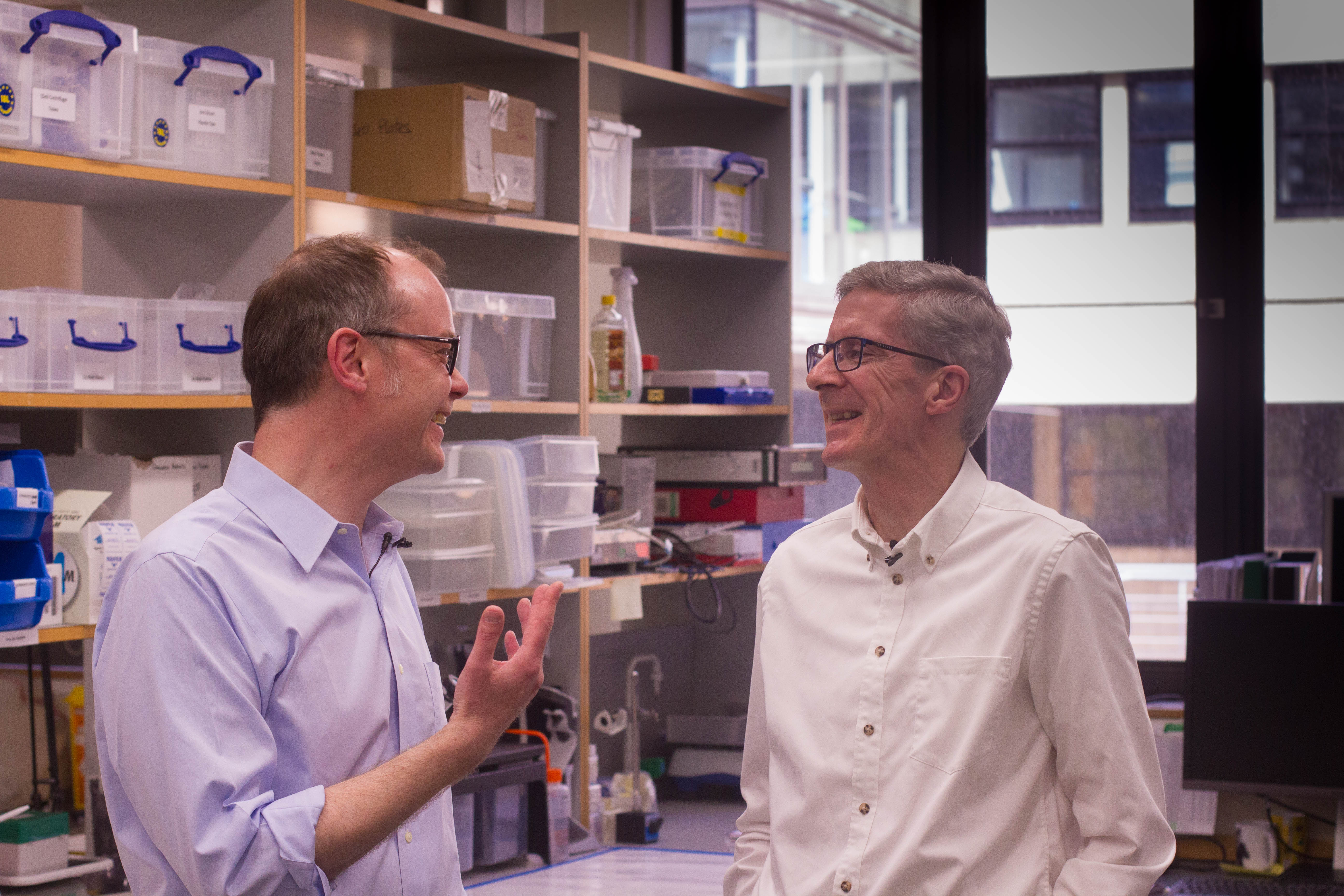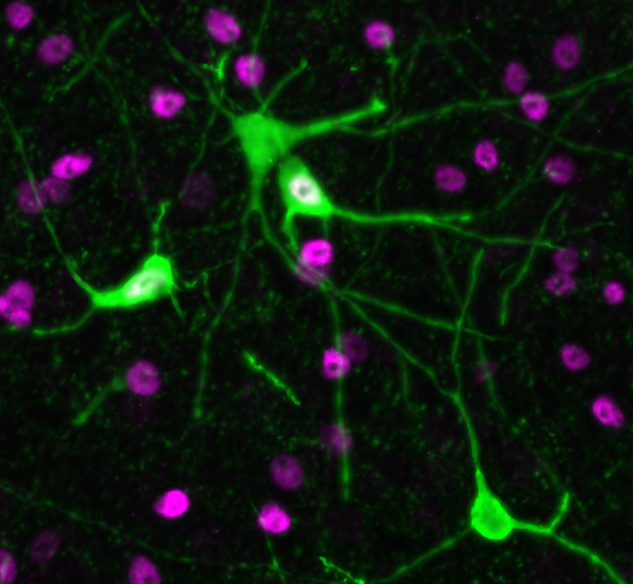
We are delighted to announce that the MRC Brain Network Dynamics Unit will partner with US company FORMA Therapeutics, and 4 other departments at the University of Oxford, in a substantial multi-year research collaboration to advance the development of treatments for neurodegenerative diseases.
The new FORMA/Oxford collaboration brings together FORMA’s expertise in small-molecule drug design and development with the University teams’ knowhow in neuroscience and disease mechanisms. In contributing to this collaborative venture, the MRC Unit will leverage its leading expertise in high-resolution in vivo phenotyping of rodent models of neurodegenerative diseases.
The collaborative research programme will focus on the identification, validation and development of inhibitors of deubiquitinating enzymes (DUBs) for the treatment of neurodegenerative diseases. DUBs are a group of over a hundred proteases that play important roles in biochemical processes that are critical to normal cell function. Targeting these enzymes could provide a means to alleviate the effects of disrupted cellular events that are linked to the progression of neurodegenerative disorders, such as Parkinson’s disease.
Unit Deputy Director Professor Peter Magill, who will lead the Unit’s contribution to the collaboration, commented, “The Unit has long recognised that partnering with industry can bring significant added value, not only in terms of knowledge exchange but also in creating synergy and growing capacity. Our new collaboration with FORMA Therapeutics presents an exciting opportunity to build on the Unit’s strong portfolio of translational neuroscience research, with a view to delivering novel therapeutic interventions for brain diseases.”
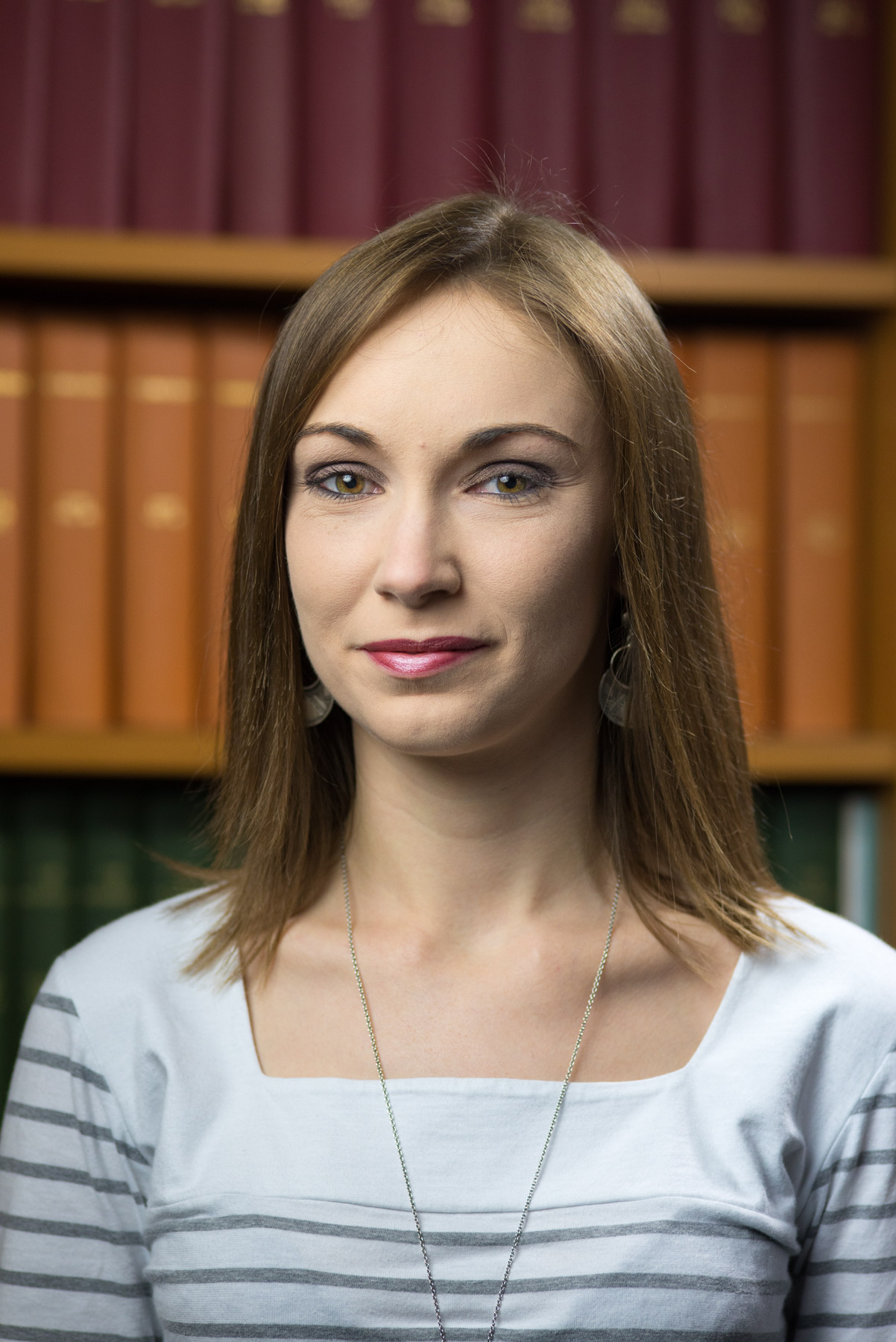
We are pleased to welcome Dr. Laura Lefevre to the Unit as a Postdoctoral Neuroscientist in the Dupret Group.
Laura graduated in Neuroscience in 2013, and completed her Ph.D. in 2016 at the Lyon Neuroscience Research Centre (CNRS, INSERM, University of Lyon, France). Laura's doctoral research focused on the significance of sniffing variations for the olfactory system and the impact of learning. Her studies combined in vivo electrophysiology, in particular for studying the coordination of neuronal activities, and behavioural approaches. In 2017, Laura started work as a Postdoctoral Scientist at the University of Reading, where she characterised in vitro hippocampal activities in a mouse model of epilepsy.
Here in the Unit, Laura will be investigating neuronal dynamics across the hippocampus and connected subcortical circuits during the expression of adaptive behaviours.

We are pleased to welcome Ayaka Kato to the Magill Group for a period of advanced research as part of her M.Sc. in Neuroscience at the University of Oxford.
During Ayaka’s time in the Unit, she will work closely with Dr Emilie Syed on a project investigating the impact of ‘optogenetic’ stimuli on the firing of midbrain dopamine neurons as well as on dopamine release in striatum.
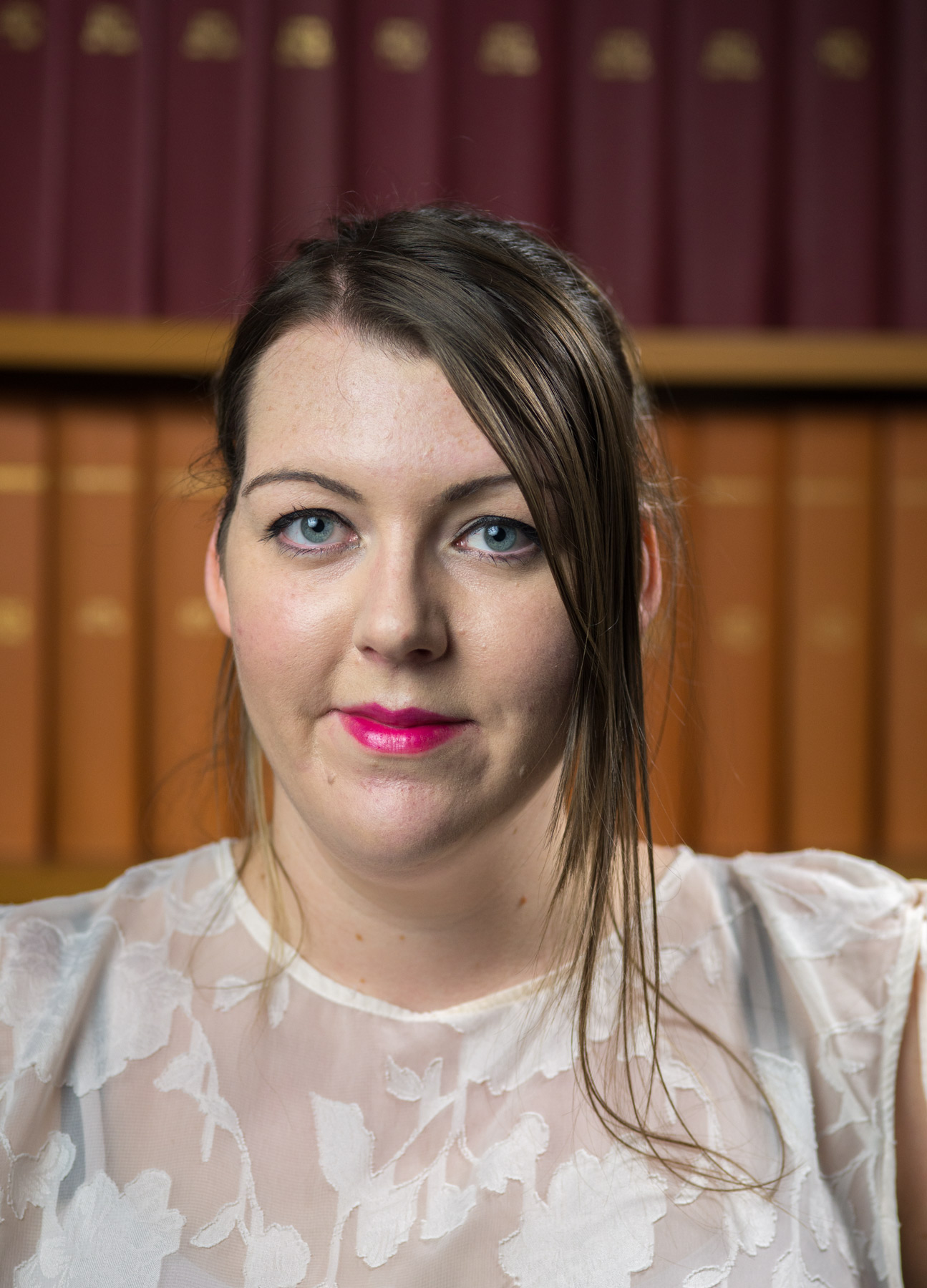
We are pleased to welcome Lauren Waite to the Unit as a Research Technician working jointly in the Sharott Group and Magill Group. Lauren will be supporting the Groups’ core research into the functional organisation of the basal ganglia, using a combination of anatomical, surgical and behavioural techniques.
Lauren graduated with a B.Sc. (hons.) degree in Biochemistry and Neuroscience from the University of Keele in 2016, and stayed on to complete an M.Sc. in Neuroscience, graduating in 2018. As part of Lauren’s postgraduate course, she undertook an international research placement at Lund University, Sweden, where she investigated novel animal models of Parkinsonism. Just before joining the Unit, Lauren worked as a Graduate Research Intern at the Queensland Brain Institute, Australia.
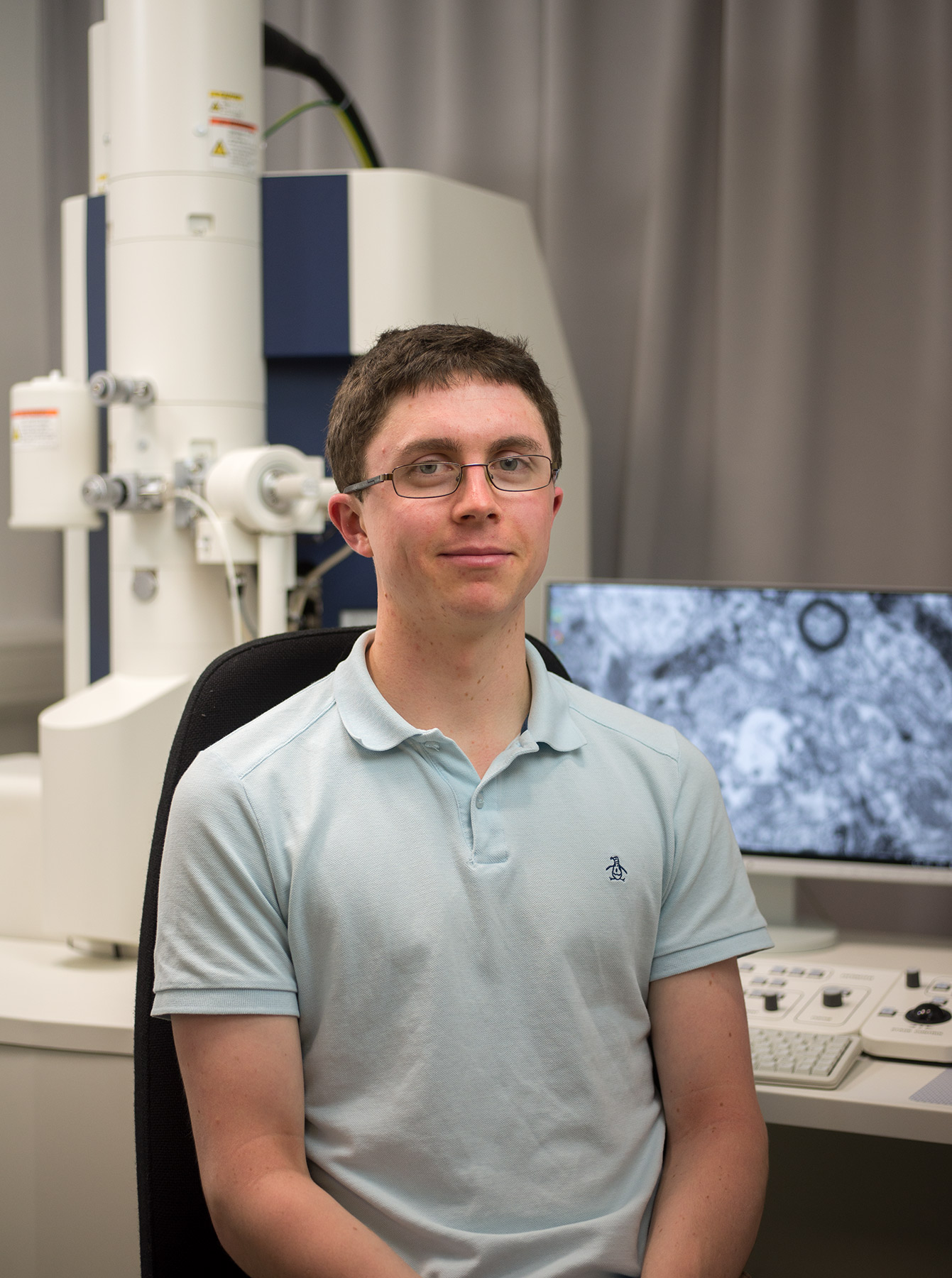
We are pleased to welcome David Dinneen for a period of advanced research as part of his M.Sc. in Neuroscience at the University of Oxford.
During David’s time in the Unit, he will work closely with Dr Natalie Doig and Dr Paul Dodson on a project investigating the structural properties of midbrain dopamine neurons in a model of experimental Parkinsonism.
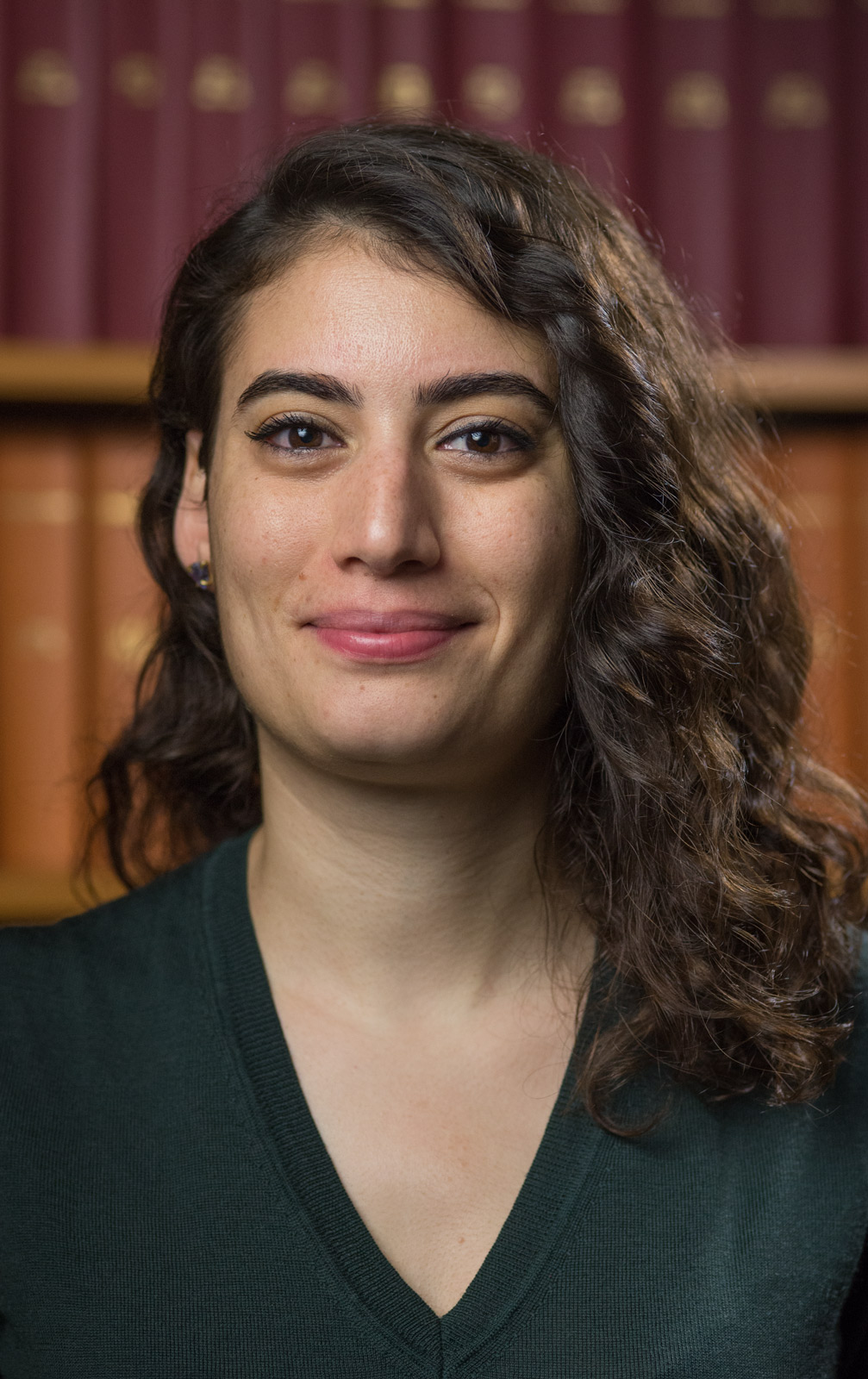
We are pleased to welcome Dr Hayriye Cagnan to the Unit as a Senior Postdoctoral Neuroscientist in the Sharott Group.
Hayriye has just finished an MRC Skills Development Fellowship in Biomedical Informatics, held at the Wellcome Trust Centre for Neuroimaging at University College London. Hayriye's Fellowship research there was focused on understanding the role of synchrony and its impact on neural communication in movement disorders.
Here in the Unit, Hayriye will continue to work on these research themes and will be exploring transient neural dynamics across the cortico-basal ganglia circuit, using a combination of electrophysiological recordings and theoretical modeling.
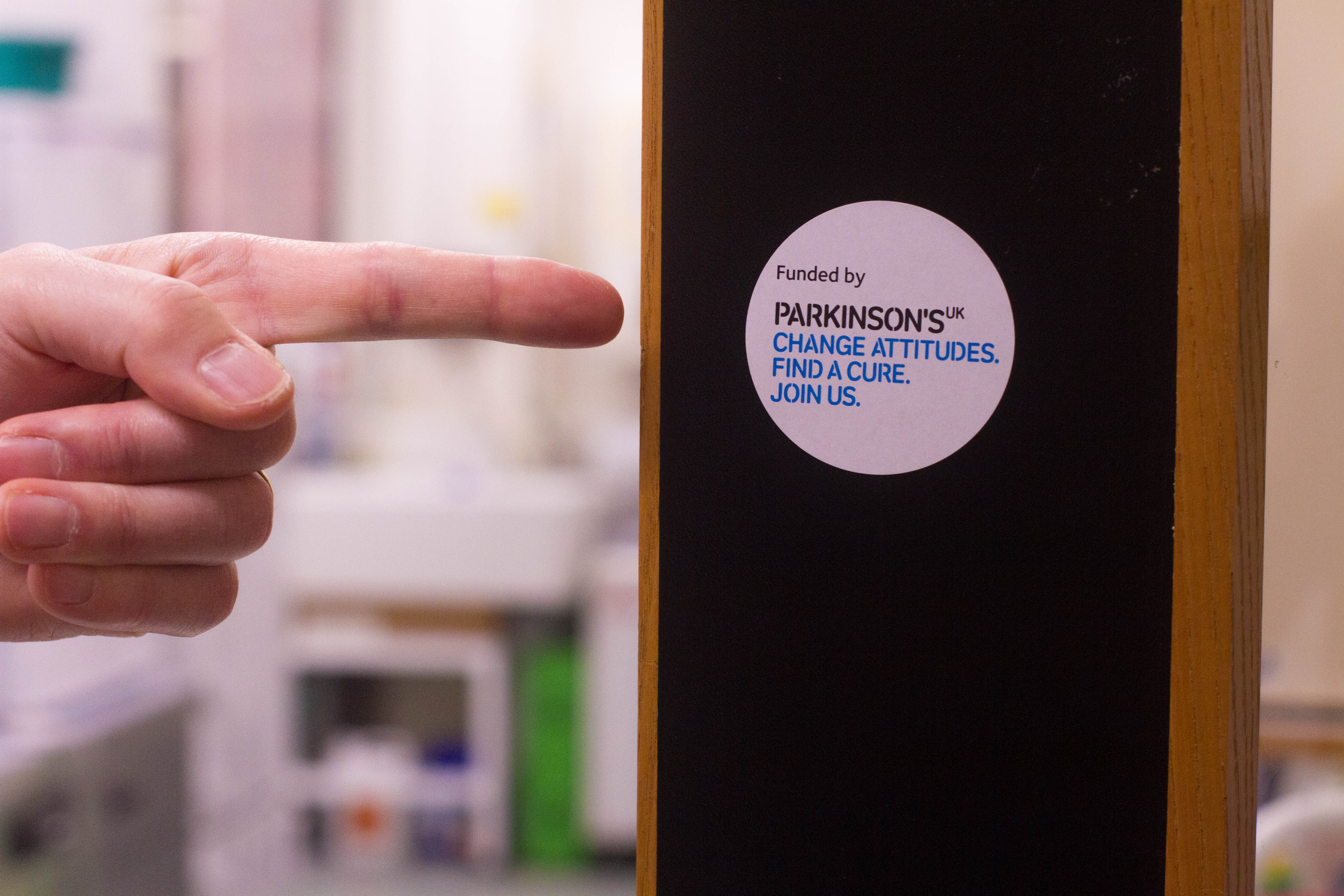
One of the MRC BNDU’s new research projects, led by Unit scientists Professor Peter Magill and Dr Paul Dodson, was recently chosen by the charity Parkinson’s UK as a focus of its new fundraising appeal.
As part of supporting the appeal, Peter hosted staff and lay members of Parkinson’s UK for a visit to the Unit. Peter gave a tour of Unit labs and equipment, and was also interviewed about the science underpinning the new project.
The Unit’s new research project is now featured in videos on the charity’s website and YouTube channel.

Many congratulations to the Unit’s long-time collaborator Tim Denison, who has been awarded a Royal Academy of Engineering Chair in Emerging Technologies.
Tim is currently Vice President for Research and Core Technology at Medtronic, where he specializes in neuromodulation and bioelectronics. With the award of his new Chair, Tim will move to the University of Oxford in summer 2018 as Professor of Neurotechnology, using his new post and proximity to further develop his research links with Unit scientists.
Tim’s new research programme, entitled “Brain engineering: towards closed-loop, non-invasive bioelectronic therapies for neurological disorders”, will explore the future of adaptive bioelectronics by, first, developing the key scientific instrumentation required to better understand how the brain functions and adapts to a range of interventions including deep brain stimulation, ultrasound and transcranial electro-magnetic stimulation, and secondly, in collaboration with clinician partners at the Unit and elsewhere, applying these tools and know-how to prototype concepts for future disease treatments; all with the goal of ultimate clinical translation.
Tim commented, “This is an exciting time for research at the interface of engineering, neuroscience and neurology, and I look forward to progressing it by joining forces with the community of scientists and clinicians at the MRC Brain Network Dynamics Unit.”
Unit Director Peter Brown commented, “Tim is a great scientist, with an excellent track record of enabling engineering to impact on clinical management. We are really looking forward to working even more closely with Tim to bring some of the discoveries made in the Unit closer to clinical benefit.”
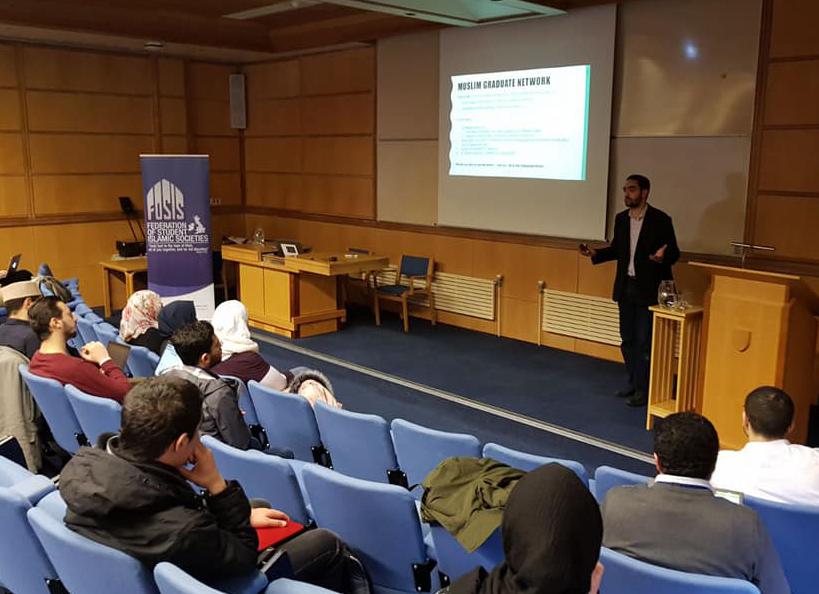
Unit scientist Dr. Mohamady El-Gaby recently extended the Unit’s work in widening access and participation (WAP) through taking part in the inaugural National Muslim Student Research Conference, organized by the Federation of Student Islamic Societies, and held at St Anthony’s College, Oxford. The conference aimed to promote Muslim engagement in academic research, through showcasing research across multiple disciplines and promoting interactions between students and professional academics.
Mohamady led a workshop entitled “Getting Started in Academia”, which covered routes into academic research, admission to graduate courses (including Ph.D.), and early career development. Mohamady also contributed to a panel discussion on the experiences of Muslims early in their academic careers. This event also saw the launch of a Muslim Graduate Network, which has already resulted in cross-disciplinary collaborations such as those bringing together neuroscience, artificial intelligence and philosophy.
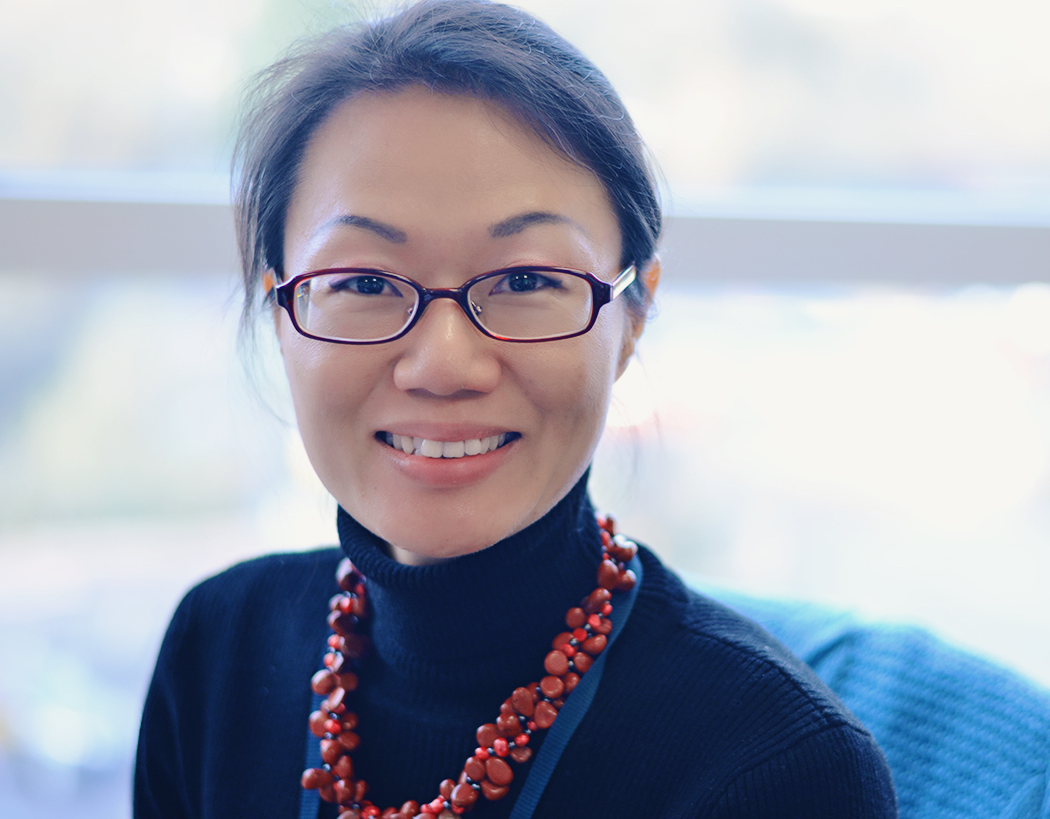
Congratulations to Unit scientist and University Research Lecturer Dr Huiling Tan, who has been awarded funding from Oxford’s Wellcome Institutional Strategic Support Fund (Wellcome ISSF) as well as the Rosetrees Trust in support of complementary aspects of her research on the use of Brain-Computer Interfaces in next-generation therapeutic interventions for human movement disorders.
The Wellcome ISSF at Oxford supports strategically important activity across the University in biomedical and clinical sciences, public health, social sciences and the medical humanities. Huiling will leverage the funding to explore the utility of machine learning methods for decoding of movement intention from subcortical recordings of brain activity.
The Rosetrees Trust provides grants to fund outstanding research projects across all areas of human health and disease. Huiling’s new 3-year research project will focus on developing closed-loop Deep Brain Stimulation as a treatment for people with Essential Tremor. Within this framework, the target brain area is stimulated only when necessary, saving on battery power and potentially improving outcomes as well as reducing side-effects.
